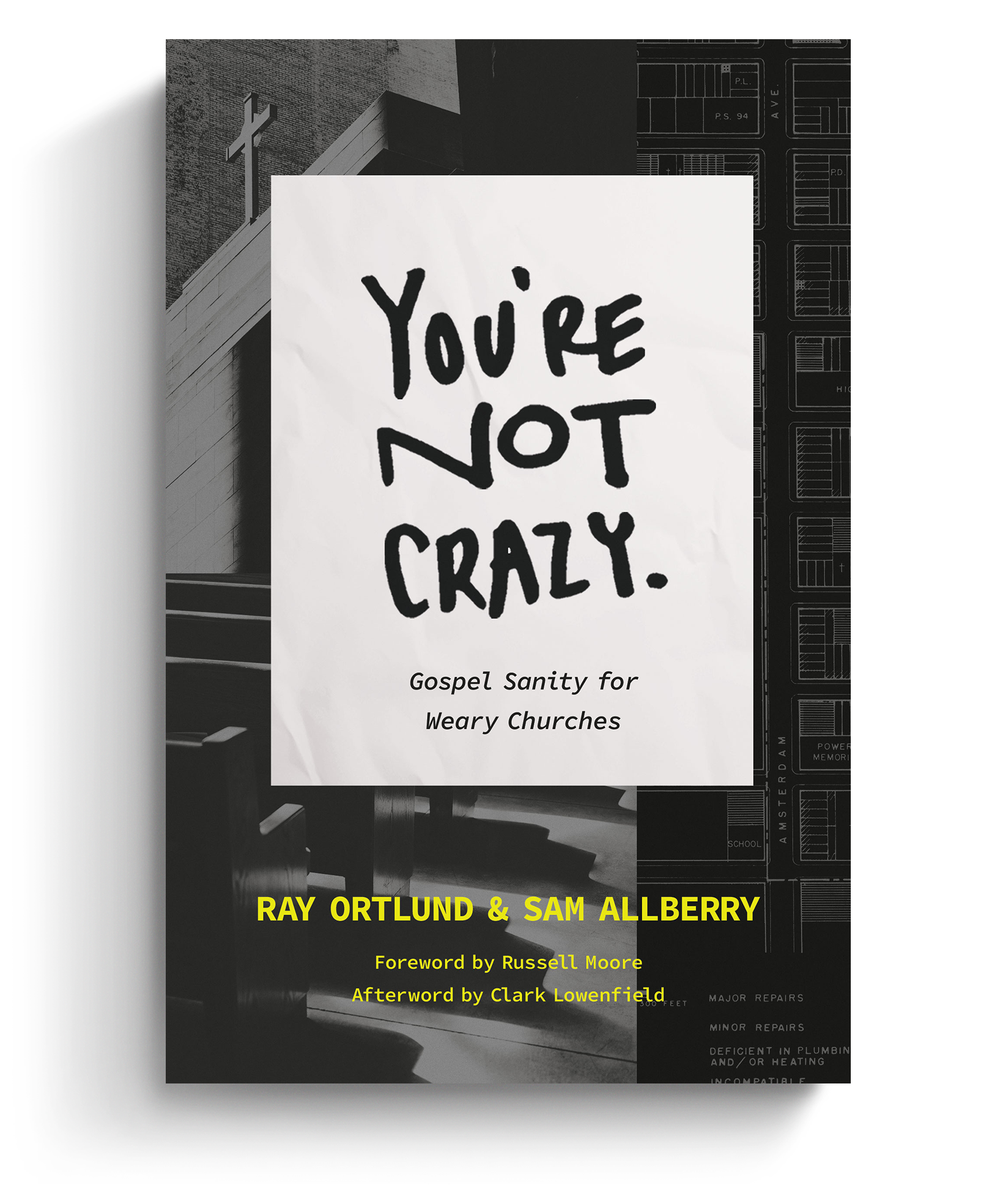As a fellow of one of the colleges at the University of Oxford, I have the responsibility of being senior member (faculty supervisor) of two student-run societies, the C. S. Lewis Society, a literary and theological discussion group, and Oxford Students for Life, a group that aims to promote a culture in which the unborn, the disabled, the terminally ill, and other vulnerable minorities have a place.
In recent years, the pro-life group has discovered how deeply people at Oxford disagree not only with its viewpoint but also with its very right to exist and hold meetings. On one occasion, the group had permission to stage a debate on abortion rescinded at just a few hours’ notice because of a threat of disruption from students who objected to their college hosting such a discussion.
On another occasion, the opposition was subtler. We were interrupted halfway through a meeting and advised by a college official to draw the curtains so that the female Member of Parliament addressing us on gender-selective abortion should not be visible from the quad. Our opponents outside the room felt it would be easier if we were required to hide ourselves from them, rather than that they should avert their eyes from us.
The other society of which I’m faculty supervisor, the C. S. Lewis Society, has experienced no such run-ins with these opponents of free speech on campus. But I mention the Lewis Society because Lewis is a helpful example to consult when considering how to interact with people one disagrees with in an academic environment.
Pugnacity
Lewis relished disagreement and debate. George Watson, who attended Lewis’s lectures at Oxford and later worked alongside him at Cambridge, recalls how “Lewis was a Christian conservative from around the age of thirty, which is to say before I knew him; and since I am neither one nor the other, there was never any question of doctrinal influence. If I was not exactly a friend, still less was I a disciple. That in no way altered my sense of admiration and affection. . . . We both thrived on dissent. . . . The best teacher I ever had, and the best colleague, he did not ask or expect me to share his convictions.”
Another student, Derek Brewer, remembers how Lewis would sometimes say, in the course of a tutorial, “I couldn’t disagree more!” but not in a way that indicated he was offended or that Brewer was somehow unjustified in holding an opinion Lewis considered mistaken. He did not indulge in “moralizing exclusiveness,” Brewer observes. Though they often differed, this led to a “fruitful dichotomy of attitudes,” not to a chilling of their pedagogical relationship.
Lewis’s aim, so W. J. B. Owen avers, was to help his students make their points better, not principally to change their views so they accorded more nearly with his own. The nonsocialist Lewis selected John Lawlor for a scholarship to Oxford (Lawlor recollects), despite having “my clamantly socialist papers before him.”
And as with living students, so with dead authors: he was open-minded to authors whose work he considered morally objectionable (e.g., Marlowe and Carlyle) and never told his students not to read them. “There was nothing paranoid about him,” says Brewer.
Roger Poole observes how this open-mindedness reflected not just a personal moral preference but also a deliberate intellectual strategy in Lewis’s approach to the study of literature. Literary criticism was not a quantifiable skill; it couldn’t be “modularized.” Therefore, a lot of dialogue was needed, with many diverse perspectives: “He kept on enquiring, both of himself and of his hearers, how it could be learnt about, entered into or existentially grasped.”
“Rational convictions were what he sought,” Brewer remarks. “He was always ‘thinking for his life,’ to use the phrase he once used approvingly of Professor Gilbert Ryle, the great Oxford atheist philosopher of his day.”
Magnanimity
The fact that Lewis could approve of atheists like Ryle, as well as enjoy the company of liberals like Watson and socialists like Lawlor, reinforces Brewer’s point that Lewis would not allow disagreement to become personal. He could always distinguish the man from the man’s opinion, and he knew the difference between an argument and a quarrel. He would not allow himself to be betrayed into aggression, but would, where necessary, draw rein on a dispute with a wry smile and an agreement to disagree.
He could always distinguish the man from the man’s opinion, and he knew the difference between an argument and a quarrel. . . . His twin passions were people and arguments, but he did not often make the mistake of confusing them.
His public written controversy on literature with E. M. W. Tillyard (later published as The Personal Heresy) was conducted with pugnacity but without personal animus. And though Lewis laid into the arguments of another colleague, F. R. Leavis, with great forcefulness in the pages of An Experiment in Criticism, he never named Leavis within those pages, but covered his opponent in a thoughtfully woven cloak of pseudonymity.
Watson again:
His twin passions . . . were people and arguments, but he did not often make the mistake of confusing them. Good people can believe in wicked things . . . like race war and class war. Lewis could be polite, even friendly, to such people. What aroused his trenchancy was evil opinion. A capitalistic robber baron, he once told J. B. S. Haldane, the Communist scientist who had acclaimed the Soviet Union for abolishing Mammon, is at least better than an Inquisitor, since greed is easier to satisfy than dogmatic certainty. . . . He had once lived unhappily as a school boarder, he told Haldane, in “a world from which Mammon was banished” and where favours were gained by cringing servility or brute force. “It was the most wicked and miserable I have yet known.” The analogy between communism and an unreformed boarding school is instructive, but the point is potent without being offensive; it is about communism, not about a Communist called Haldane.
Lewis reviled many dogmas but seldom, to Watson’s knowledge, those who held them. He had “vigour without venom; he was generous.”
Brewer confirms this view: “One of his most notable characteristics as a man as well as a tutor was his magnanimity, his generous acceptance of variety and difference, sure of his own standards but tolerant of others, and of others’ failings.”
Corrigibility
But this magnanimity did not come naturally or at once. At the start of his career, Lewis could be something of a bully, and a number of his first students (most famously, the future poet laureate John Betjeman) did not flourish under that regime. By his early thirties, however, Lewis realized he was in danger of becoming “a hardened bigot shouting every one down till he had no friends left” (as he wrote to his friend Arthur Greeves): “You have no idea how much of my time I spend just hating people whom I disagree with.”
So Lewis went from pugnacity to magnanimity by way of corrigibility.
Alistair Fowler notes that “by the time I knew him, he usually remembered to avoid bigotry. His contentiousness was joy in debate; he never bullied me.” So Lewis went from pugnacity to magnanimity by way of corrigibility. He made the painful discovery that he had flaws and learned both how to concede when he made mistakes and how to correct himself publicly. In a back-and-forth with Dr Norman Pittenger, Lewis not only admitted “some truth in his charge of Apollinarianism” but also held up his hands to having used “the word ‘literally’ where I did not really mean it, a vile journalistic cliché which he cannot reprobate more severely than I now do myself.”
The most notable example of Lewis acknowledging error is the rewrite he made to his book Miracles after the philosopher Elizabeth Anscombe dissected its deficiencies in debate at the Socratic Club, the Oxford discussion group of which Lewis was president.
The fact that he could proclaim mea culpa indicated, in the view of Anscombe, his “honesty and seriousness.” Though he loved to engage in a “contest of wit” (according to colleague Adam Fox), Lewis was not interested in disputation for its own sake. Truth was ultimately at stake and truth mattered to him; a bottomless urbanity he found very tiresome.
Truth was ultimately at stake and truth mattered to him; a bottomless urbanity he found very tiresome.
His tolerance, then, for opinions he thought mistaken cannot easily be derided as facile or woolly. Rather, it can be attributed to his belief that “my own eyes are not enough for me” (as he put it in An Experiment in Criticism). He knew that he needed other perspectives to supplement, relieve, and correct his own. And this big-hearted attitude was not just a persona he adopted for professional purposes; it informed his closest friendships too. Let the last word go to George Watson:
He did not even share the views of friends like Tolkien in matters concerning literature or religion, or not always, being content to understand the fruitful nature of their disagreements. . . . But then agreement would have spoiled the game, and Lewis in debate tried to keep disagreement going for as long as he reasonably could, and sometimes longer. If I were ever to be asked what I learned from him, that would be my reply: the art of disagreement. . . . I loved argument before I knew him, but knowing him helped me pursue it with firmer purpose and better grace.
Editors’ note: This article appeared at Intercollegiate Review.
Are You a Frustrated, Weary Pastor?
 Being a pastor is hard. Whether it’s relational difficulties in the congregation, growing opposition toward the church as an institution, or just the struggle to continue in ministry with joy and faithfulness, the pressure on leaders can be truly overwhelming. It’s no surprise pastors are burned out, tempted to give up, or thinking they’re going crazy.
Being a pastor is hard. Whether it’s relational difficulties in the congregation, growing opposition toward the church as an institution, or just the struggle to continue in ministry with joy and faithfulness, the pressure on leaders can be truly overwhelming. It’s no surprise pastors are burned out, tempted to give up, or thinking they’re going crazy.
In ‘You’re Not Crazy: Gospel Sanity for Weary Churches,’ seasoned pastors Ray Ortlund and Sam Allberry help weary leaders renew their love for ministry by equipping them to build a gospel-centered culture into every aspect of their churches.
We’re delighted to offer this ebook to you for FREE today. Click on this link to get instant access to a resource that will help you cultivate a healthier gospel culture in your church and in yourself.




























